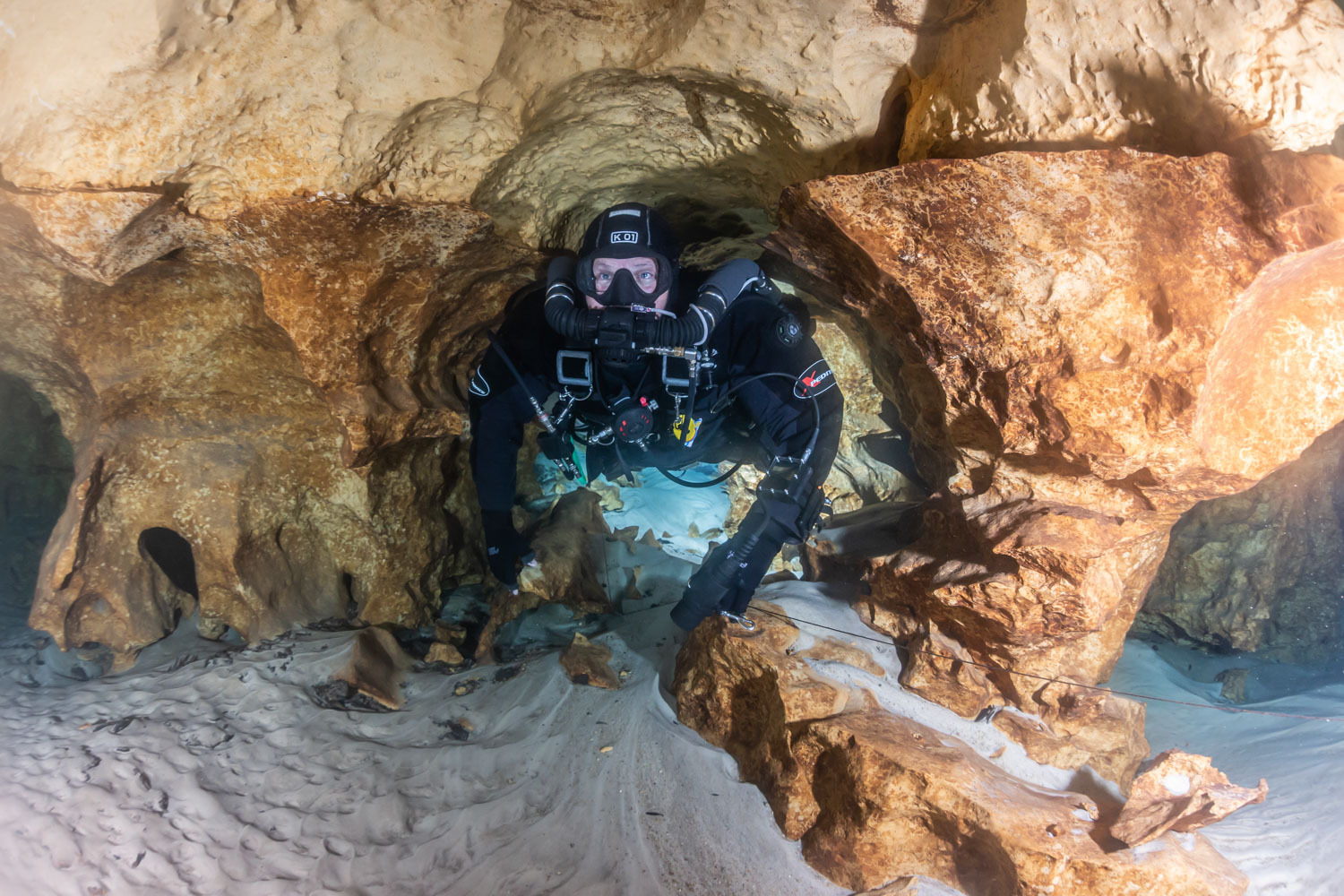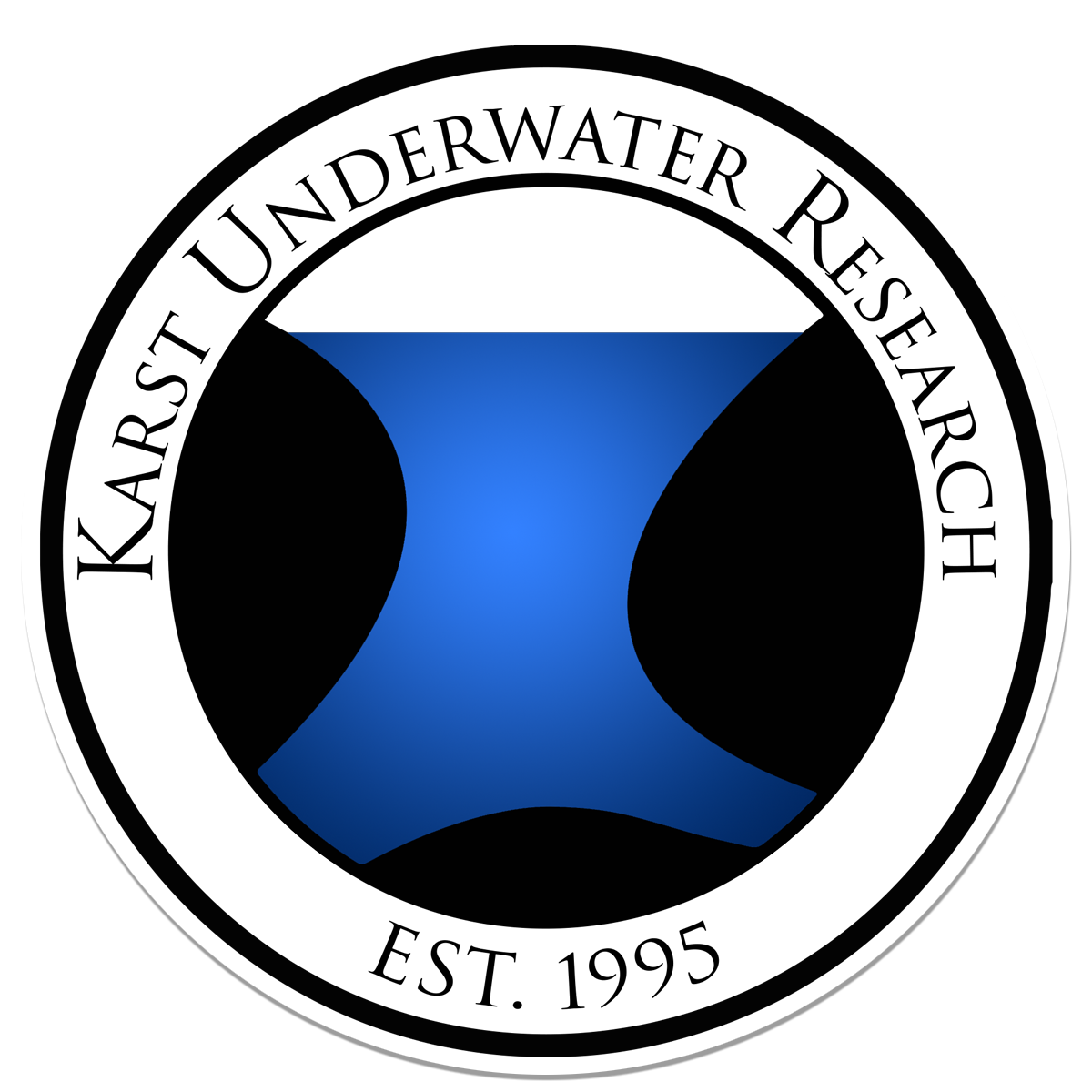About KUR


Karst Underwater Research (KUR) is organized and operates as a 501(c)(3) non-profit organization dedicated to collecting and reporting valuable scientific information from underwater karst environments where scientists are unable to go and providing this information to the public for future generations to better understand and protect our unique natural resources.
Our focus is to identify opportunities for characterizing and collecting scientific information about karst systems for academic research, environmental protection and public knowledge. We fill the crucial niche of supporting scientists and other concerned parties by pulling information from the ground – literally – that they would not be able to safely do themselves. We also help scientists plan or refine their research plans based on our observations and data collections. But, we are not a laboratory or facility. We are a volunteer organization that relies on the efforts of skilled (and enthusiastic) volunteers with their own exploration equipment to execute our research efforts.
The History of KUR
In 1993, with the approval of the city of Tampa, Frank Richardson and Jeff Petersen began the Sulphur Springs cave diving exploration project on city property in Tampa, FL. During negotiations with the city to begin exploration, Jeff Petersen realized that land owners, especially governmental bodies, were more comfortable working with a formal company and much less so with individuals.
Outside of academia and environmental studies, there was little to no demand for exploration data, making this a very niche “market”. For-profit environmental firms weren’t interested in this kind of work. But hydrogeologists and land owners with springs and sinkholes (karst windows) on their property were interested.
Given the reality of these circumstances, Jeff Petersen, a CPA and business consultant (and cave diver), then developed and brought to life a unique win-win business model: Karst Underwater Research. A not-for-profit organization with full charity recognition from the IRS as a 501c3 entity that finds and coordinates willing resources with the right skills (in this specific case, seasoned cave divers) as volunteers on a project-by-project basis to map, visually document and collect scientific data that would otherwise be difficult, if not impossible, to collect.

